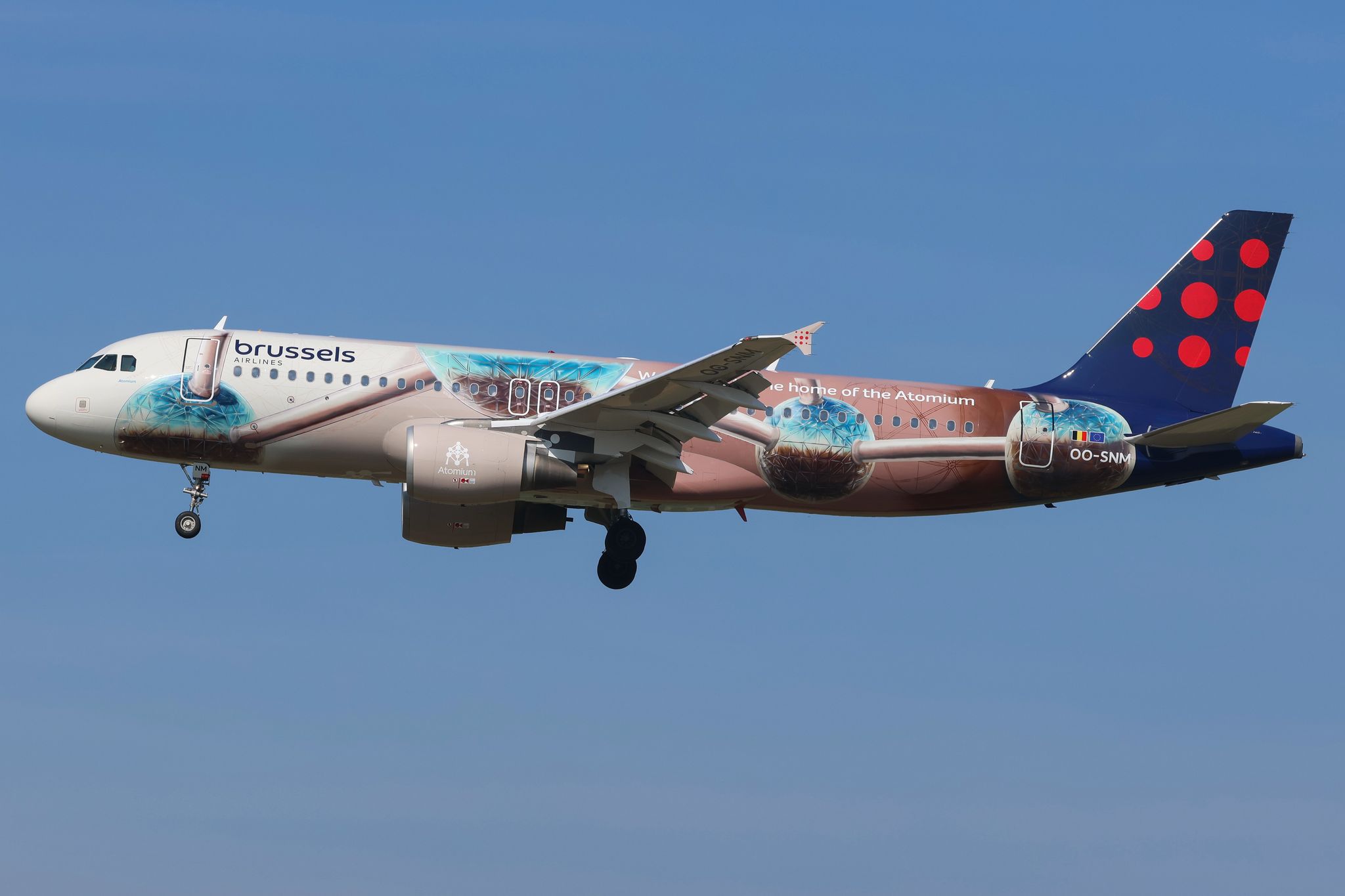Just before the extraordinary works council that was held on Thursday morning, the Lufthansa Group confirmed that Brussels Airlines needs to achieve an adjusted EBIT margin of 8% by 2022. From 2022, the airline needs to save more than €160 million per year, about 10% of the current costs. During a press conference Thursday at noon, Brussels Airlines CEO Christina Förster explained how she intends to achieve that goal.
It has been known for some time that Brussels Airlines is working on a future plan, called “Reboot”. This should enable the company to become sufficiently profitable by 2022, with a profit margin of at least 8 percent, to be able to reinvest in the fleet, in innovation and in jobs. Indeed, the average profit margin is currently around 0 percent and for an airline that is not a healthy situation.
About Brussels Airlines, Carsten Spohr, Chairman of the Executive Board & CEO of Deutsche Lufthansa AG, said: “Brussels Airlines should achieve an Adjusted EBIT margin of 8 per cent in 2022. To this end, the route network will be realigned, while the organisation will benefit even more from synergies with the Network Airlines in the future.
“The administration of Brussels Airlines will be comprehensively digitalised and streamlined. The standardisation of the fleet as well as productivity and process improvements in flight operations will also contribute to sustainable cost reductions.”
CEO Christina Foerster first talked about the positioning of Brussels Airlines. It should be a quality airline, to have a better chance to succeed in the market. This is clearly getting away from the low-cost statute of Eurowings from which it has been separated. Such positioning will define the size of the company and thus the number of aircraft in its fleet.
Fleet and destinations
However, no decisions have been taken yet on the current fleet. In the short term, the number of aircraft should not change, and for Summer 2020, the impact, depending on the destinations to be served and the frequencies, will be minimal. Destinations are evaluated one by one after the bankruptcy of Thomas Cook (which has an impact of 12 million euros on the 2019 results), and only the profitable ones (after implementation of the savings) will be kept, with frequency reductions if needed. The company will aim at increasing the number of direct flights and try avoiding connections through Brussels, which are much less profitable (lower fare, increased costs).
About the fleet, the strategy is to own aircraft (within the Lufthansa Group) rather than leasing them.
Negotiations are going on with tour operators (Sunweb, Corendon, TUI, etc.) to try and compensate, at least in part, the seats lost by the demise of Thomas Cook.
People
About the “Reboot” plan to improve profitability, Christina Foerster aims at no layoffs and counts on voluntary departures to achieve her goals. This is completely different from the plans being decided at sister company Austrian Airlines which will fire hundreds of people.
No decisions have been taken yet, but each department will be scrutinised, one by one, to define the number of people needed. Thus, the number of redundant jobs is still undefined: the cost goal (8% EBIT margin, savings of 160 million euros) does not yet translate into job losses. The numbers should be adjusted year after year, with the aim to fire as few people as possible. The airline will offer a package to accompany those who will leave, ranging from 6 months to 5 years salary, depending on seniority and position within the company.
The implementation of the Reboot plan will take three years, during which it is hoped that the number of voluntary departures will be sufficient. But the airline is confident it will achieve the 8% EBIT margin. It will not get help from Lufthansa until this goal is met. It is interesting to note that the day before, Air France KLM Group was aiming at the same EBIT margin; it is no coincidence, such a margin is needed to be able to invest in fleet renewal.
There is a B plan, on which management did not want to expand. There are very few employees in the 58+ age. They will be able to go on pension, but the company encourages and will support those who want to remain active.
Christina Förster insisted that the Reboot plan was interactive: 70 percent of the ideas came from the workers.
Other
Brussels Airlines aims at stronger cooperation with its home airport Brussels, for mutual benefit.




Reboot is already here; no more complimentary drink and snack on fast and flex fare: